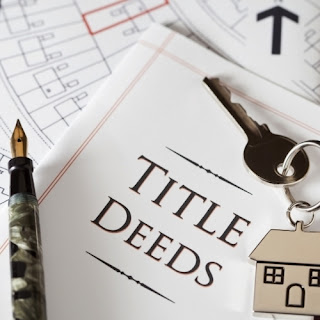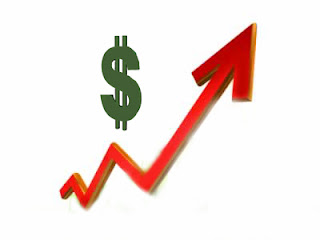Who cares about money?!

Everyone of course but, why does no one like talking about it? Why is money such an uncomfortable subject? For Example: When was the last time you asked yourself 'Why do I use my bank?' Probably never. You set up an account when were 12 and you've probably never changed banks since. What do you think your bank is paying you for keeping your money with them? If it's more than .10%, you're above average! Online banks like Tangerine or EQ Bank offer as much as 2.00% for a regular savings account. Think having a local branch is convenient? When was the last time you visited your branch? Only time I've gone in in years is because my bank (BMO) still doesn't offer mobile cheque deposits. About the only unique product the big banks offer is unsecured lines of credit. Otherwise, literally almost every other money product can be accessed elsewhere. I don't work for Tangerine or EQ Bank or any financial institution, I just think it's time people start caring...





